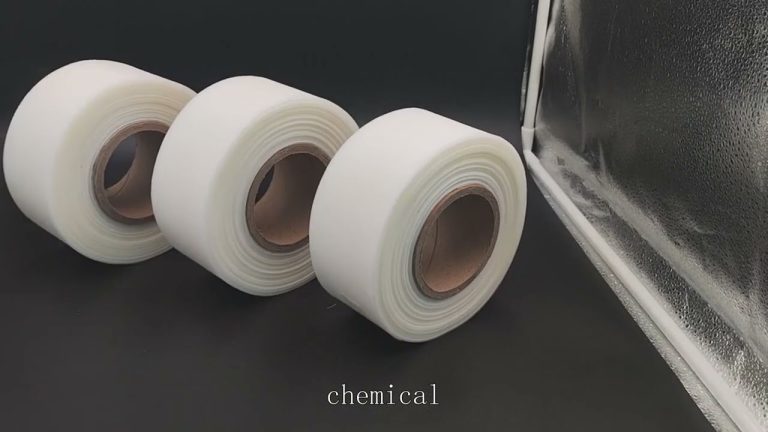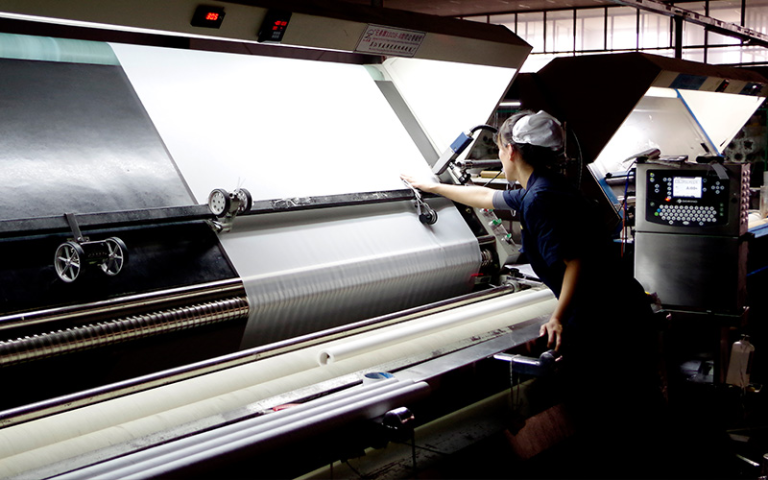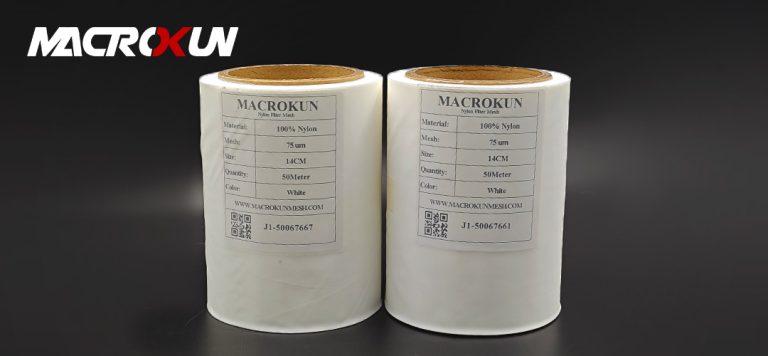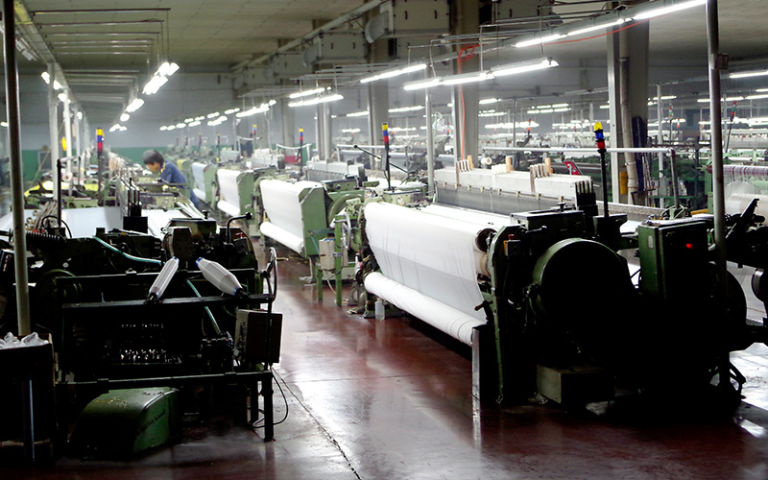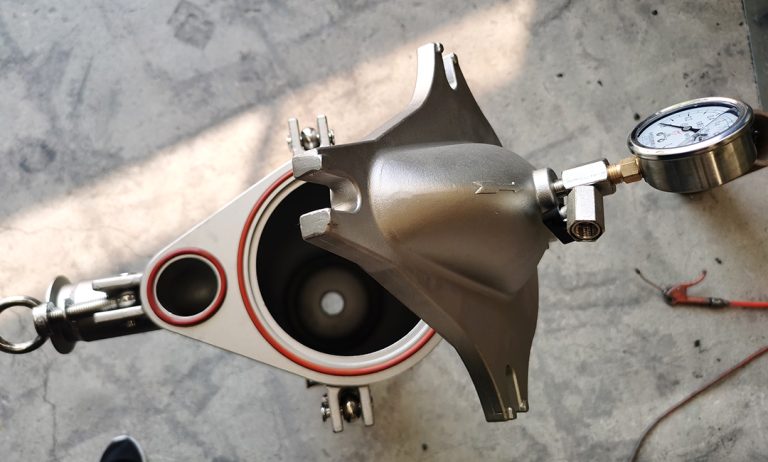# How Bag Filter Works: The Key to Efficient Filtration
Table of Contents
Understanding the Mechanics of Bag Filters
Bag filters are essential components in various industrial applications, designed to remove impurities and particulates from liquids and gases. The operation of bag filters is relatively straightforward yet highly effective. When a fluid passes through the filter, it encounters the bag material, which captures particles while allowing clean fluid to flow through.
The design of bag filters enables them to handle different flow rates and contaminants. Depending on the application, bag filters can be made from various materials, including polyester, polypropylene, and nylon, ensuring optimal performance for each specific use case. This versatility makes them a popular choice in industries such as pharmaceuticals, food and beverage, and wastewater treatment.
Advantages of Using Bag Filters
One of the primary benefits of utilizing bag filters is their efficiency in capturing small particles. These filters can effectively trap contaminants down to microns, ensuring that the final output meets stringent quality standards. This capability helps businesses reduce downtime and maintenance costs associated with equipment wear and tear caused by dirty fluids.

Another significant advantage is the ease of replacement and maintenance. Bag filters can be quickly replaced without extensive system downtime, allowing companies to maintain productivity levels. With proper care, these filters can last longer, providing a cost-effective solution for filtration needs.
Applications of Bag Filters in Various Industries
Bag filters find applications across multiple industries due to their adaptability and effectiveness. In the food and beverage sector, they ensure that products meet health and safety regulations by removing unwanted particulates from liquids. Similarly, in the pharmaceutical industry, they play a crucial role in maintaining product integrity and compliance with regulatory standards.
In addition to food and pharmaceuticals, bag filters are widely used in wastewater treatment plants. They help in the removal of suspended solids and other contaminants from wastewater, facilitating cleaner effluent discharge into the environment. This application underscores the importance of bag filters in promoting sustainability and environmental responsibility in industrial operations.
Choosing the Right Bag Filter for Your Needs
Selecting the appropriate bag filter requires an understanding of your specific filtration requirements. Factors such as particle size, flow rate, and the type of fluid being filtered must be considered. Consulting with filtration experts can help you identify the ideal bag filter that meets your operational demands while optimizing performance.

Furthermore, investing in high-quality bag filters can lead to long-term savings and improved operational efficiency. Many manufacturers offer a range of bag filters tailored to fit distinct applications, ensuring that you find the right match for your needs. Prioritizing quality will not only enhance filtration but also contribute to the longevity of your equipment.
The Future of Bag Filter Technology
As industries continue to evolve, so does the technology behind bag filters. Innovations in materials and design are paving the way for more efficient and environmentally friendly filtration solutions. Advanced bag filters are being developed to handle higher temperatures and pressures, making them suitable for even more demanding applications.
Additionally, the integration of smart technology in filtration systems is on the rise. These advancements allow for real-time monitoring and predictive maintenance, significantly improving overall system efficiency. Staying informed about these trends can help businesses leverage the latest innovations and maintain a competitive edge in their respective fields.

